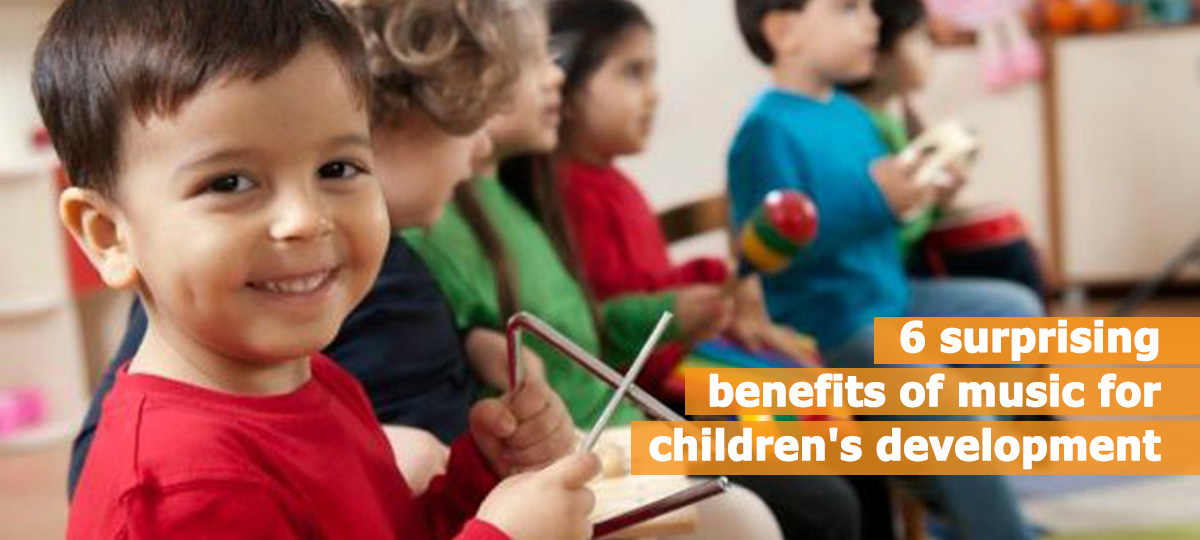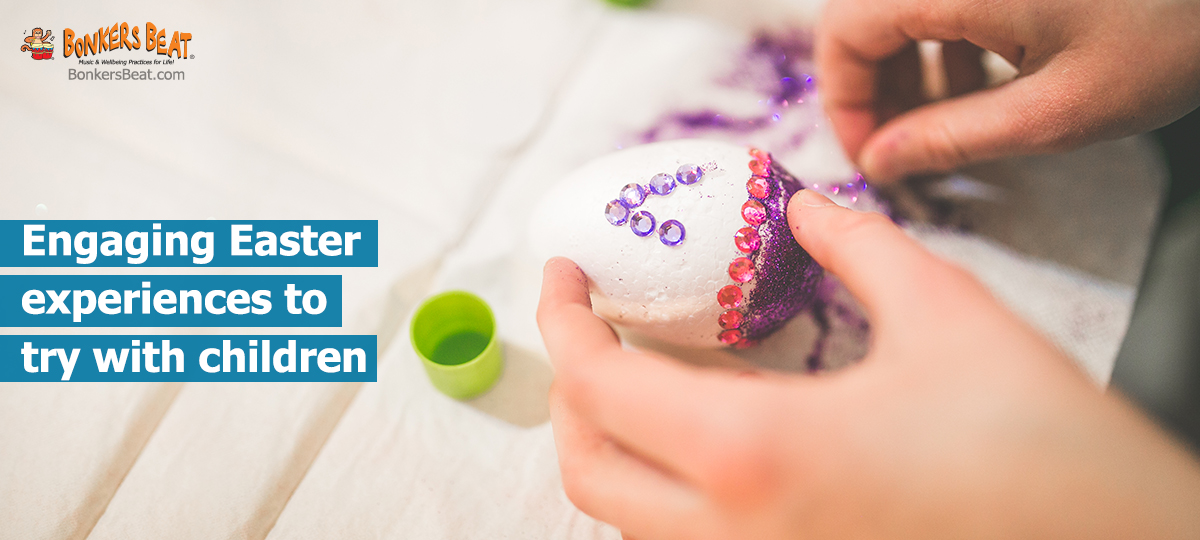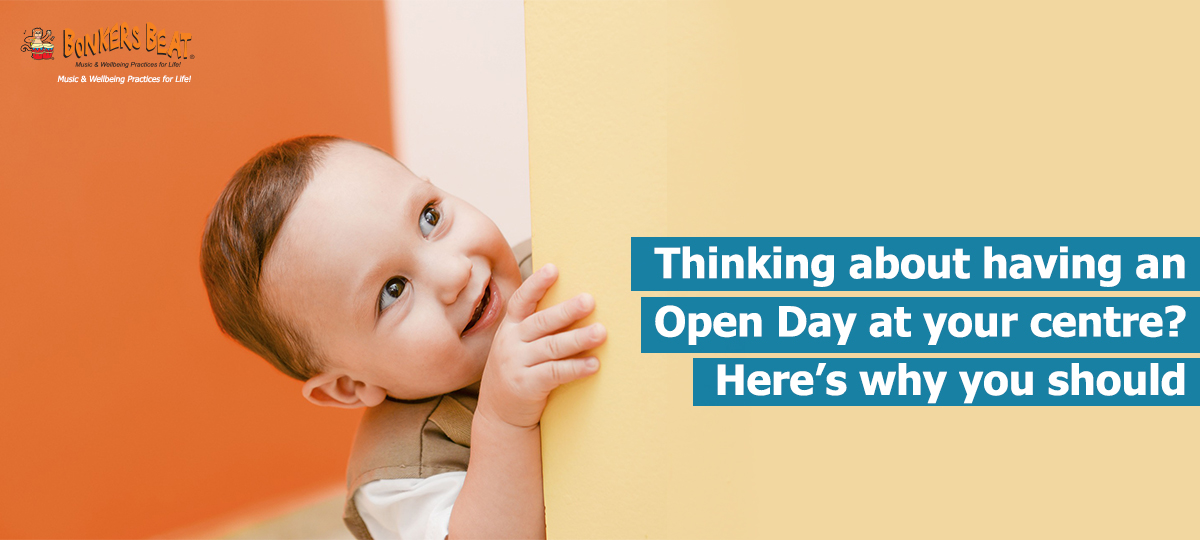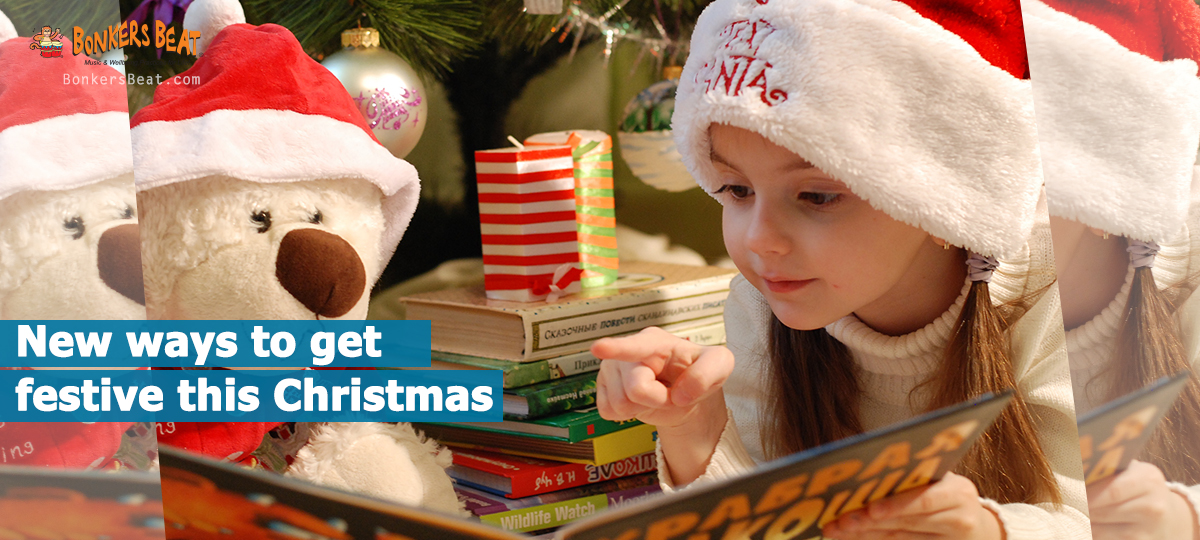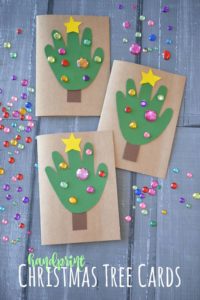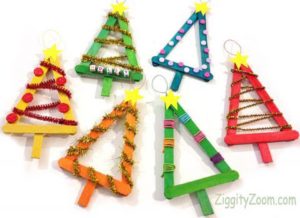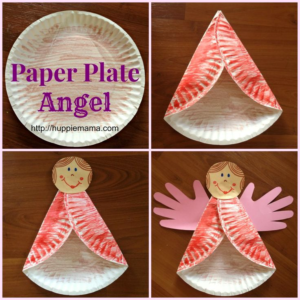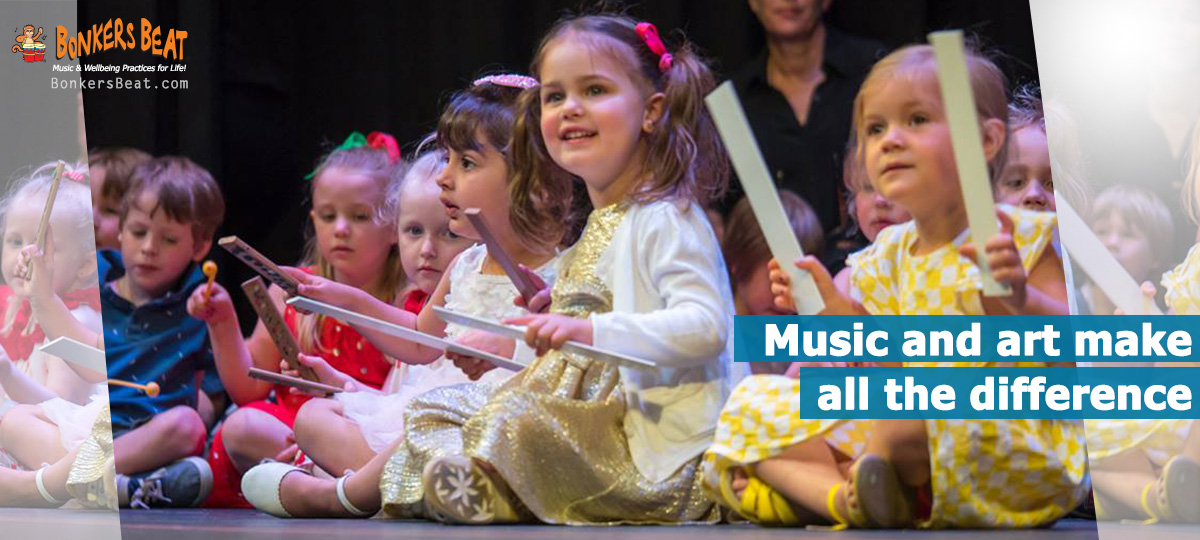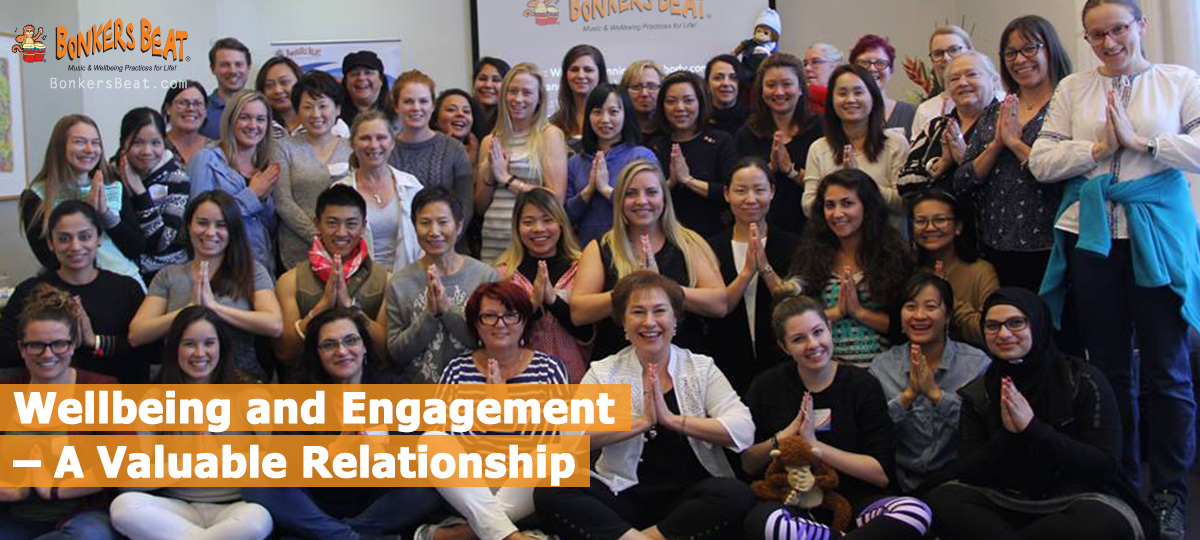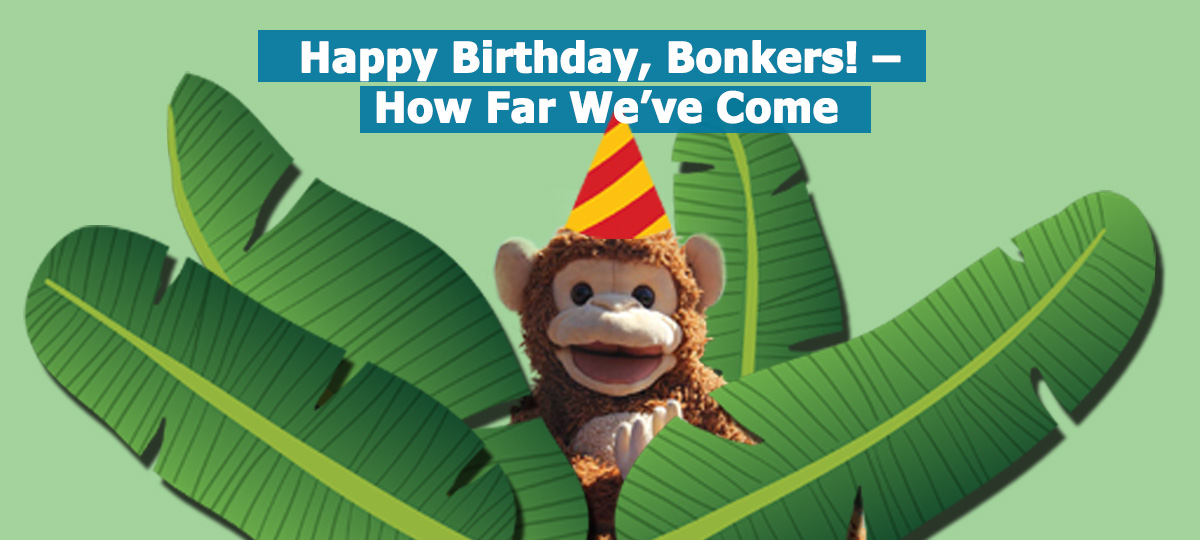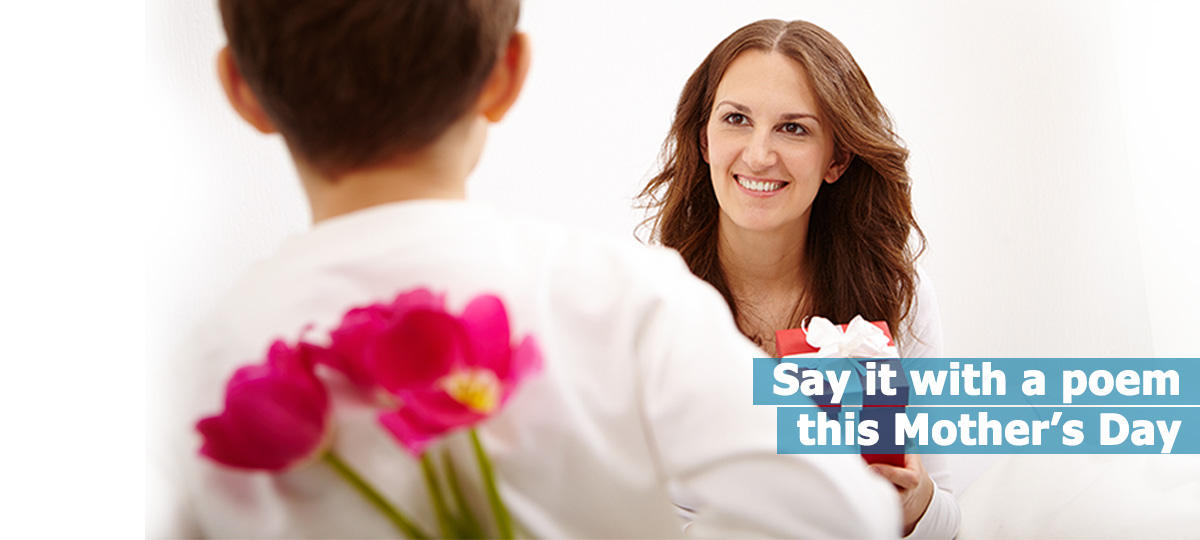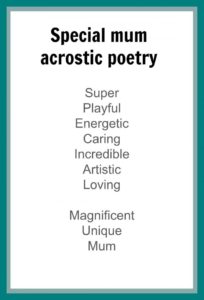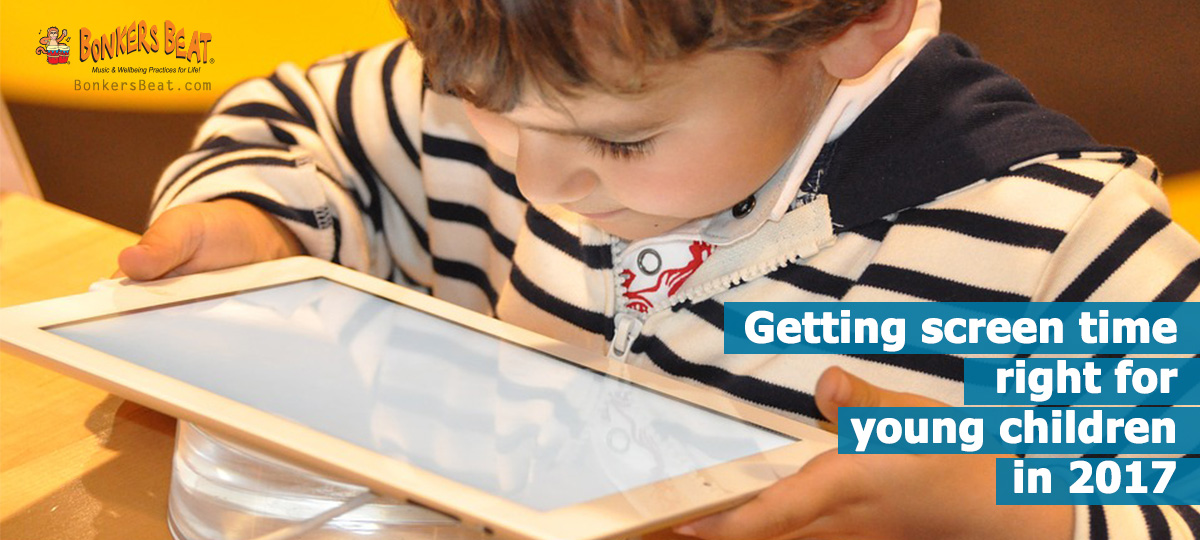We all know music is enjoyable to listen to and create, but there’s more to music than just having fun. The benefits of music for children’s development are impressive and even a little surprising.
While there are countless benefits to exposing children to music on a daily basis, let’s look at just six of the surprising and important benefits of music for the development and wellbeing of young children.
1. Build children’s confidence
Learning to sing all the words of a song or learning to play an instrument – either way, the act of learning music is a sure fire way to help children to gain confidence in their ability to take on new skills.
2. Enhance children’s communication
As the saying goes ‘Where words fail, music speaks’. As we all know, children can often have trouble with finding the words to express themselves but by being in touch with music and song children are able to explore feelings on a deeper level that they may not otherwise understand.
Music often tells a story in a way that we can all understand. To reference another adage, music is a universal language and so it makes sense that children of all ages can bond through music and the shared joy it brings.
3. Improve concentration
To sing a song, we must first learn the words, then keep practising to get it right. Listening to music to know when to start singing, or even playing along on a drum and trying to keep the beat can be challenging. Music helps children to learn to focus which can help them in many other areas of their development.
4. Work on motor skills and coordination
Where there’s music, there’s movement and while learning an instrument is fantastic for hand-eye coordination, there’s a lot to be said for the combination of singing and movement to go with the song. Many songs tell stories not only through lyrics but through actions too.
5. Enhance memory
Ever had a song stuck in your head? Most of us have. Music has a habit of helping us remember concepts and facts. You can add a highly effective learning technique to any subject matter by incorporating it into a song. In fact, many of our Bonkers Beat songs do just that!
6. Tap into creativity
It’s an obvious and yet important element of listening to and creating music, but encouraging creativity allows children to embrace self-expression and experiment with their own unique approach to singing and playing music.
There are plenty of reasons to incorporate music into every day for children — at Bonkers Beat we make it simple for centres to do just that with our tried and tested songs that children love.
If you want to know more about the Bonkers Beat Music Program that is successfully incorporated into curriculums in childcare settings Australia-wide, get in touch with us today by emailing info@bonkersbeat.com.
To learn or read more about Bonkers Beat Programs, click here.

